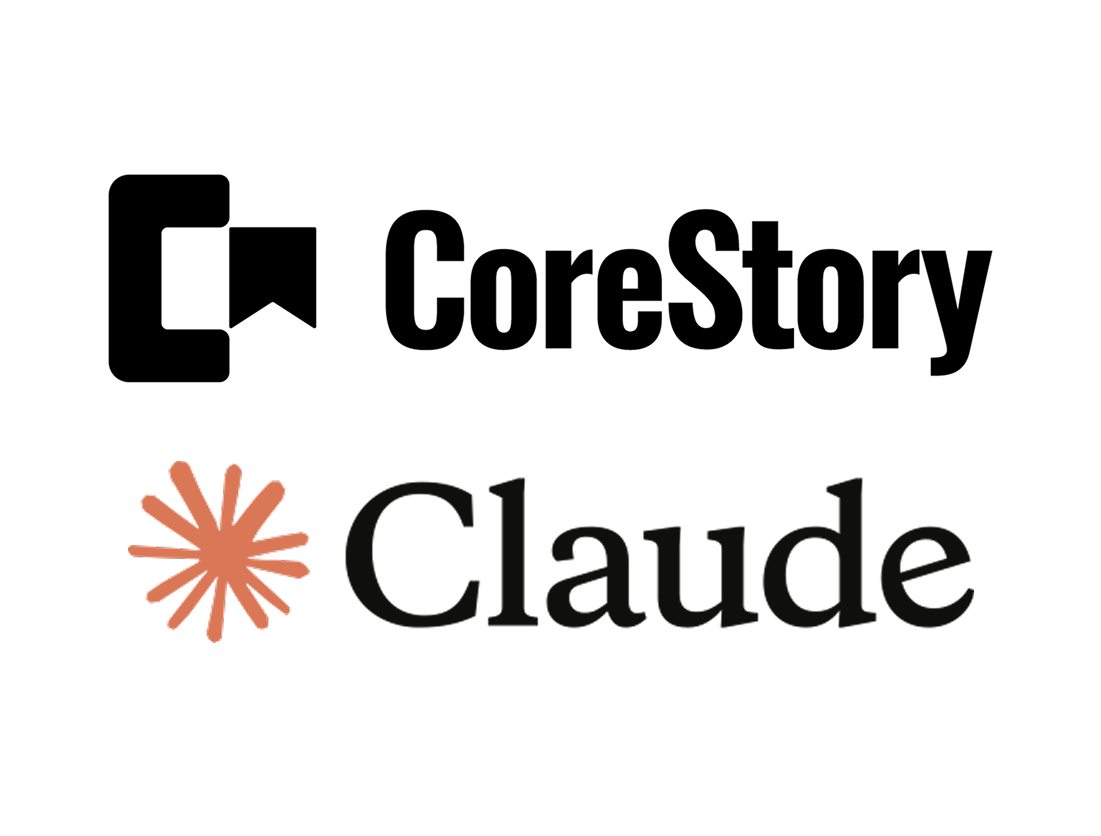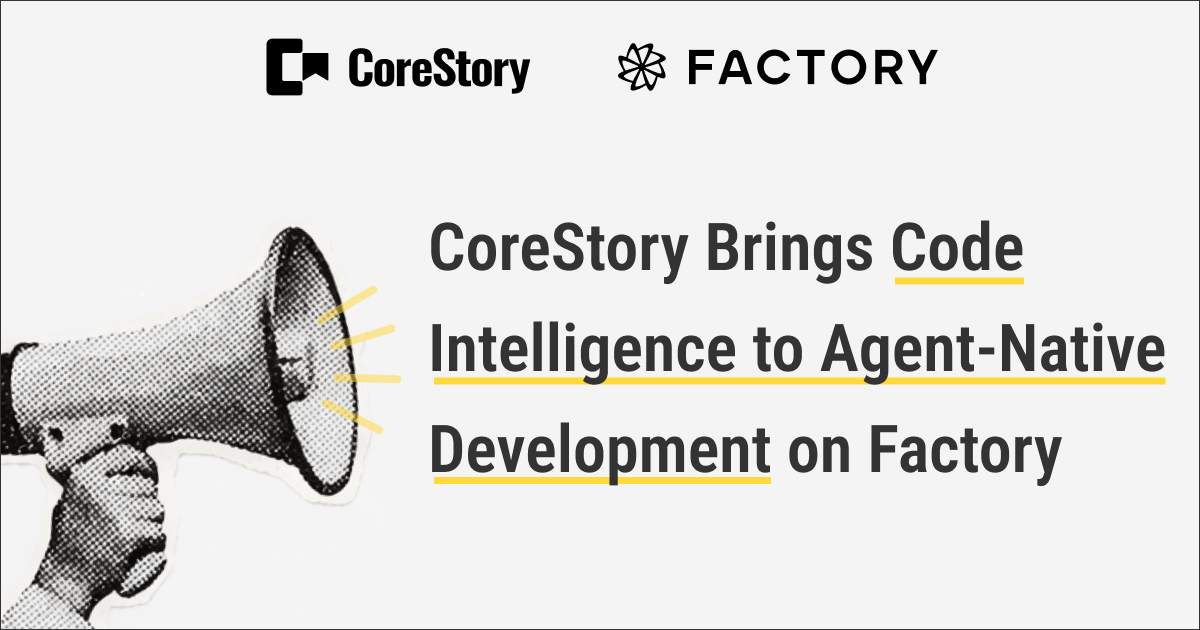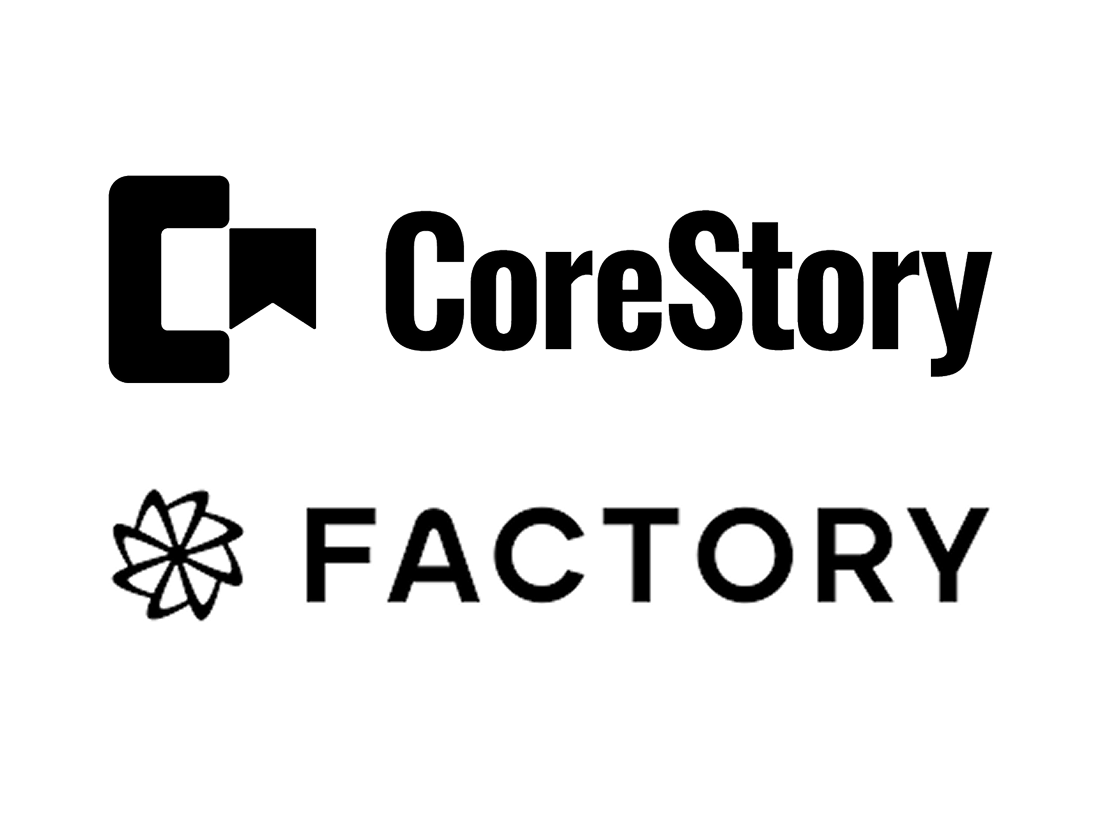Ship bug fixes with an agent that actually understands your system
We’re rolling out a new CoreStory playbook for teams who want Claude Code to handle bug work without turning into a “guessing agent.” The CoreStory + Claude Code Agentic Bug Resolution Playbook shows you how to plug CoreStory’s code intelligence into Claude via MCP and Skill/Command files so that every fix starts from real system intent—not just whatever happens to be in the current file.
Instead of one-off prompts, you get a repeatable, test-first workflow that can be applied across repos and services.
Why we built an agentic bug workflow for Claude
Most “AI-powered” bug fixes stall out at the same places: agents can’t find the right code paths, they collapse API contracts, or they ship patches without tests. We designed this playbook to give Claude a dependable oracle (CoreStory’s specs and code intelligence) and a disciplined six-phase routine—from bug intake through TDD, implementation, and capture—so that fixes are both fast and auditable.
The goal is simple: shorten time to root cause while driving regressions down, not up.
What this playbook helps you do
With this playbook, Claude Code learns to:
- Pull bug context from your ticketing system and CoreStory in one flow
- Query CoreStory for architecture, invariants, and historical behavior before it proposes a fix
- Navigate to the right files and methods instead of scanning an entire repo blindly
- Write a failing test that encodes the invariant, apply the smallest change, and validate the result against both spec and code
You end up with cleaner commits, stronger evidence on every fix, and reusable conversations that accelerate the next investigation.
What’s inside
Inside the playbook you’ll find:
- A six-phase agentic bug workflow wired into Claude Code
- Ready-to-use Skill and Command files you can drop into your repos
- Prompt patterns and checkpoints for hypothesis generation, TDD, edge-case exploration, and regression protection
- Advanced variants for security bugs, performance regressions, integration issues, and version drift
We also include a metrics lens—time to root cause, first-hypothesis accuracy, regression rate—so you can treat this like any other process improvement effort.
Who this is for
This playbook is built for engineering teams doing serious maintenance on large, long-lived systems: platform teams, QA and SRE leads, and ICs who are routinely dropped into unfamiliar subsystems and asked to “just fix it.” If you’re trying to standardize how agents participate in production bug work, this is for you.
How to get started
Implementation is intentionally lightweight:
- Install CoreStory MCP inside Claude Code.
- Add the provided Skill and
/fix-bugCommand files to a pilot repo. - Run your next real ticket through the workflow and compare time-to-fix and regression rate against your current process.
You can grab the full CoreStory + Claude Code Agentic Bug Resolution Playbook from the Playbooks section on our site and start running real bugs through it today.

.svg)





.png)
.png)